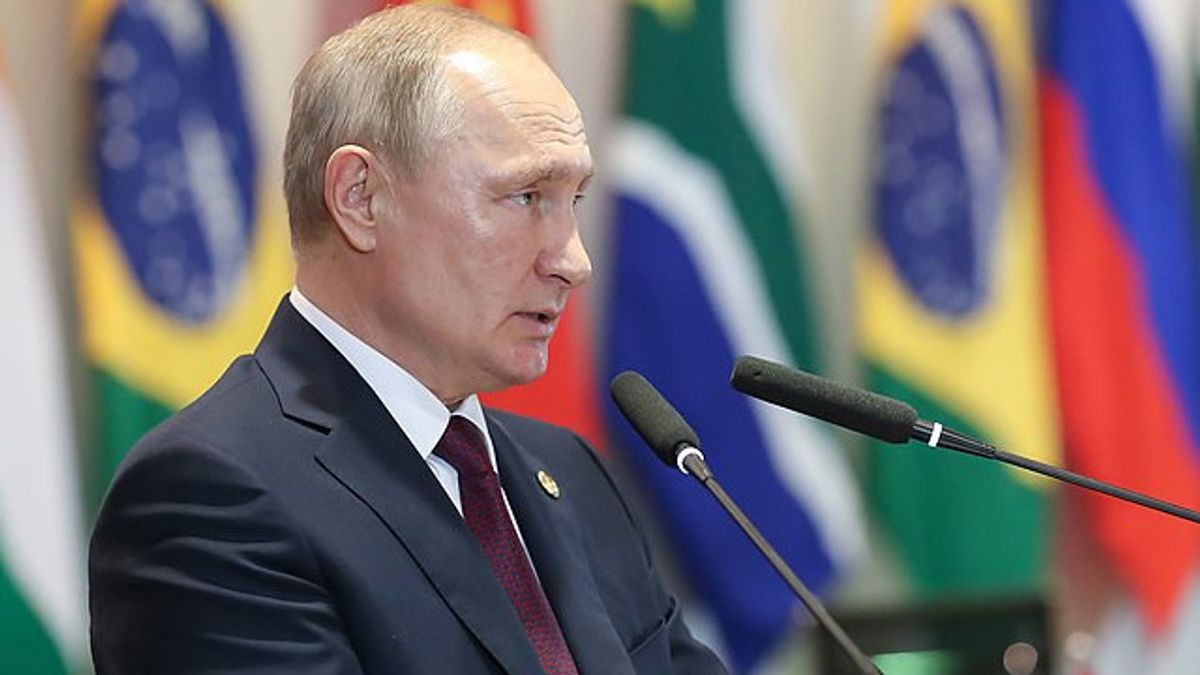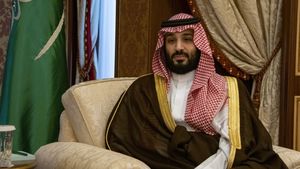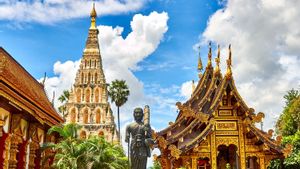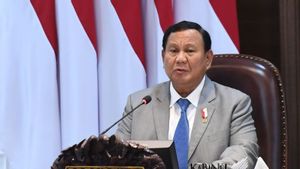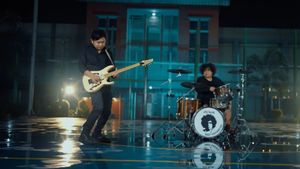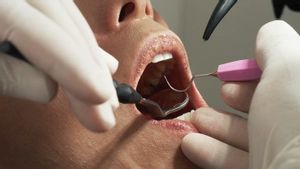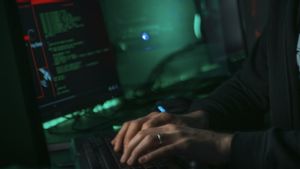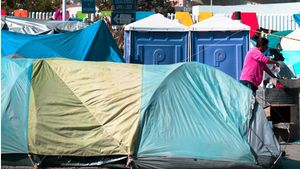JAKARTA - Russian President Vladimir Putin has not been vaccinated for several months after announcing Sputnik V as the world's first COVID-19 vaccine. He even said that his own daughter had been vaccinated with Sputnik V.
Quoting CNN, the Kremlin said Putin could not get a vaccine that had not yet completed the final stages of testing. But Sputnik V itself has been injected into several Russian frontline health workers, teachers and a number of top-level officials outside of clinical trials.
"The president cannot use an uncertified vaccine," said Kremlin spokesman Dmitry Peskov. Peskov did not explain the difference between certified and approved vaccines, but said, 'Mass vaccination has not yet started. And, of course, heads of state cannot take part in vaccinations as volunteers. It is impossible.'"
Peskov said the trials had to be completed immediately and Putin would inform people of his decision whether to be assigned the Sputnik V "if he deems it necessary." News that Putin had not been vaccinated came the same day developer Sputnik V published new information about the vaccine.
The Gamaelya Institute, which develops the vaccine, and the Russian Direct Investment Fund (RDIF), which funds it, report more temporary data on vaccines. In a news release, they said that analysis of data obtained 28 days after the first dose and seven days after the second dose showed the Sputnik vaccine to be 91.4% effective.
The release said researchers identified 39 confirmed cases of COVID-19 among the volunteers, a total of 31 people in the placebo group and eight people who received the vaccine. The release also said there were 18,794 volunteers taking part in the study.
In separate statements, the Gamaelya institute and RDIF said a single dose of the vaccine would cost less than US $ 10 in the international market, which they said was "twice or less expensive than an mRNA vaccine with the same level of efficacy." Free vaccinations will be provided for Russian citizens, the statement added. mRNA is a Moderna and Pfizer-BioNTech vaccine.
In a statement, Russia also said the Sputnik V vaccine can be stored at a temperature of 2 to 8 degrees Celsius. Meanwhile, the Pfizer-BioNTech vaccine needs to be kept at a temperature of around -70 degrees Celsius. Moderna says the vaccine can be stored in the freezer, which is usually available at pharmacies and in the refrigerator for 30 days.
Pfizer and Moderna report similar levels of efficacy. Moderna has 94.5 percent effectiveness and 95 percent effectiveness for Pfizer. However, their claims are based on larger clinical trials.
Moderna reported 95 cases of COVID-19 among its volunteers, 90 people in the placebo group and 5 people in the vaccination group. While Pfizer reported 170 cases, 162 in the placebo group and eight in the participants who received the vaccine.
AstraZeneca announced that its experimental COVID-19 virus vaccine demonstrated an average efficacy of 70 percent. It said a total of 131 study participants developed COVID-19 but did not say how many of those people had received the COVID-19 vaccine and how many had not.
Putin first announced the Russian vaccine was approved for public use in August, although at the time it had only been tested on a few subjects. The announcement comes before the start of the Phase 3 trial, which was key to establishing its safety and efficacy, and raised doubts from the international community.
"I know that the vaccine works quite effectively, establishing stable immunity," Putin said at the time.
Putin is 68 years old, which is in the high-risk group for contracting COVID-19. Vaccine trials for the first group of volunteers aged 60 and over began on October 28, according to Russia's new state agency TASS.
The English, Chinese, Japanese, Arabic, and French versions are automatically generated by the AI. So there may still be inaccuracies in translating, please always see Indonesian as our main language. (system supported by DigitalSiber.id)
